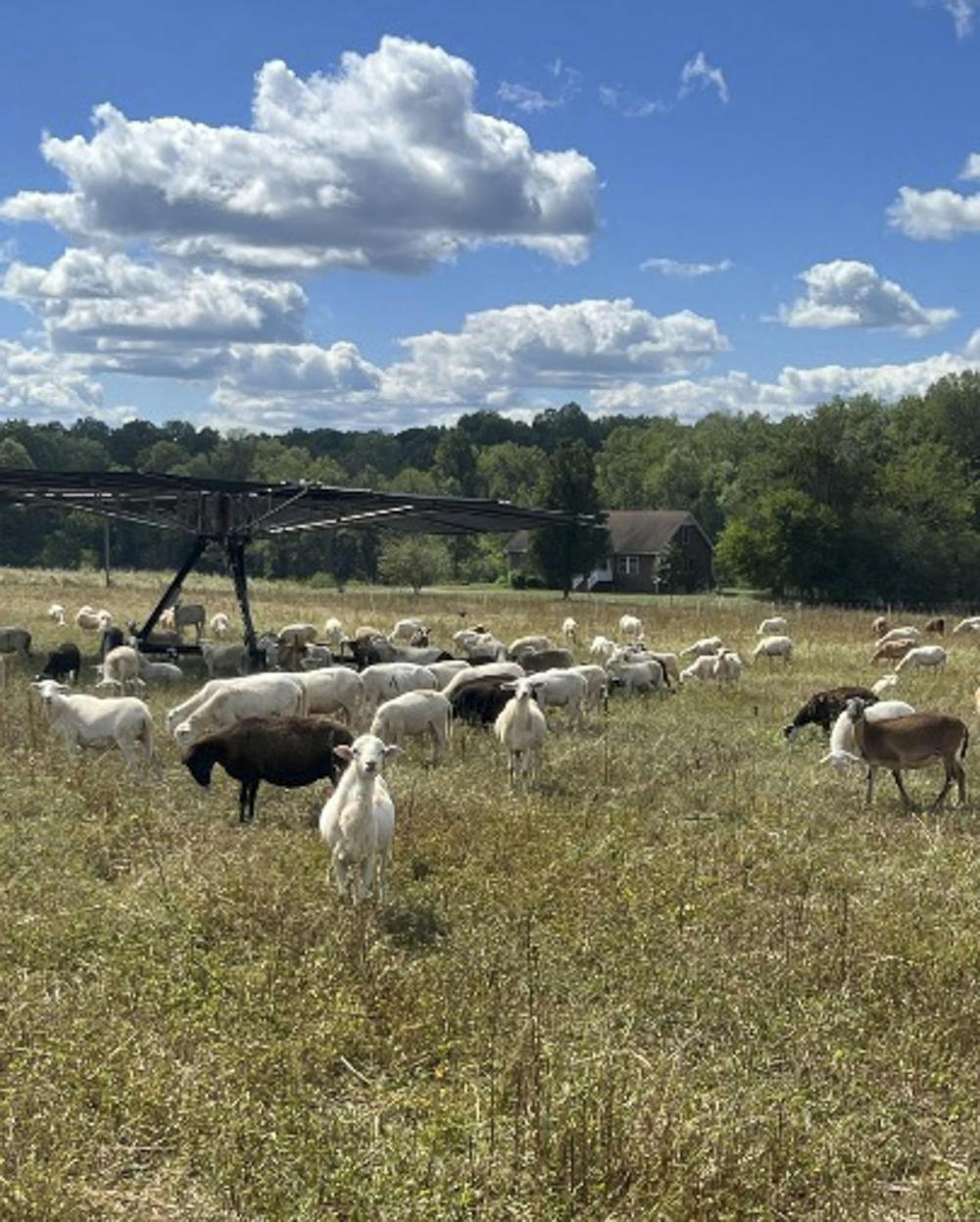As the Triangle experiences the effects of climate change and continues to lose much of its farmland to development, some local farmers are turning to regenerative agriculture to remain sustainable.
Regenerative agriculture consists of farming and grazing practices that aim to reverse the effects of climate change by rejuvenating organic matter in soil, increasing biodiversity and sequestering carbon.
Heather Szaro is the farm manager at Triangle Land Conservancy, a land trust in the Triangle area. She said, while "regenerative agriculture" is a new phrase, the concept and practices are not new.
Szaro said some farmers — including Indigenous people — were using sustainable practices even before the Green Revolution in the mid-20th century.
“Before that, people were paying attention to what the earth was saying,” Szaro said.
Union Grove Farm in Chapel Hill is a model of what regenerative farming and grazing practices can look like as the farm does not use herbicides, pesticides or chemical fertilizers.
Farmer Dane Jensen from Union Grove Farm works closely with the sheep on the farm and rotates them around the fields to mimic the natural migration patterns of grazing animals. Jensen moves them every one to three days to prevent overgrazing and evenly distribute their manure.
The sheep offset their own costs through their environmental efficiency — as well as money from meat sales — and the reduction of fossil fuels emissions from tractor mowing.
Jensen said the farm also utilizes vermiculture — a process in which small worms turn compost and food waste into nutrient-rich soil. Union Grove collects most of the food waste from Cedar Ridge High School and local households. The worms go through about 40 to 50 pounds of food waste per week.




